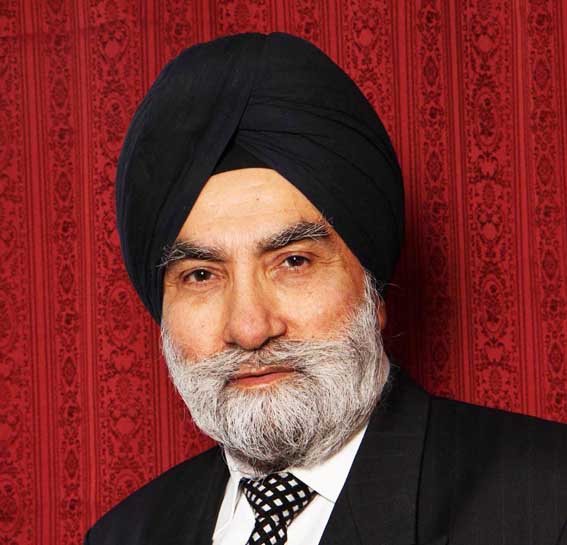New Global Alliances Have Weakened Western Global Dominance Led by the United States

The Ukraine and Gaza wars have created new global alliances. We are seeing the end of Western global dominance led by the United States and ex colonial Britain, no longer Great. It can be argued that the US too is an ex colonial power which conquered the West, killed or subdued local tribes, used slave labour and, even today, despite setbacks like Afghanistan, continues to bid for global dominance.
Western countries including the EU countries, face serious internal challenges due to fast changing population mix and social balance resulting from mass migrations and extreme left and right, liberal and green lobby groups. The general desire in the West is to uphold democratic principles through the rule of law. Yet, democratic strength derived from following of democratic processes becomes an administrative weakness. Compare that with authoritarian regimes like Russia, China and other dictatorships and flawed democracies. Government decision making in the West is slow and often successfully challenged in law courts. Therefore, the political swing to the right in recent times.
Externally, there are successful challenges to Western global dominance, especially after the start of the Ukraine war. The war against terrorism has not gone well and some bad decisions have been made from the outset of the Gaza war.
World reaction to continuation of President Putin as President of Russia for another 6 years is interesting in the context of the current topic. I have intentionally avoided using the world re-election of Putin because, with the removal of effective opposition, the whole election process in Russia was a charade.
A recent article drew attention to those world leaders who condemned or congratulated President Putin holding on to power even with a stronger grip. While America thought jailing and disqualification of opponents as incredibly undemocratic, David Cameron, UK foreign minister felt that the elections underlined the depth of repression in Russia. Some recent goings on in India are causing similar concerns but that is for discussion elsewhere.
So, let us see who congratulated Putin and what it say about global alliances. According to a journalist, Jonathan Yerushalmy, the comments from leaders across Europe and the US stood in sharp contrast to messages of congratulation that flowed from countries across Asia, Africa and Latin America. These contrasting reactions underscore the geopolitical faultlines that have been cleaved wider since Russia launched its full-scale invasion of Ukraine two years ago, triggering a crisis in relations with the west.
Chinese President, Xi Jinping and PM Modi of India were quick to congratulate Putin. China assured Russia of continuing no limits partnership and felt that Putin victory brought certainty to a world in turbulence. In return, Putin confirmed that Taiwan is an inherent part of the China. Both these countries are members of the BRICS economic group which now challenges US domination of the global economy by uniting emerging economies including Russia, China, India, South Africa and Brazil. In 2023 the group decided to expand to include Saudi Arabia, the UAE, Iran, Egypt, Ethiopia and Argentina. Thus, eventually BRICS+ would represent around 30 per cent of global GDP, 46 per cent of the world&rsquos population, 43 per cent of its oil and 25 per cent of global exports. Of course, these countries represent the vast majority of the world population.
Today, as a result of geo-political alliances, we live in an increasingly less certain world while real global challenges like climate change and pollution are likely to be put on hold.
Gurmukh Singh OBE